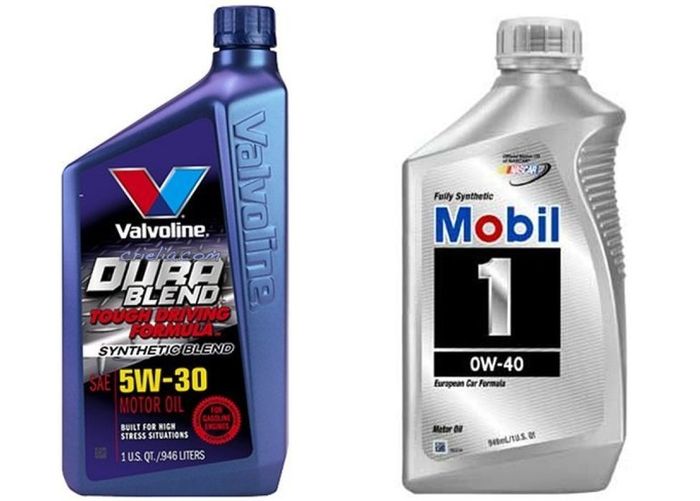Is synthetic oil better than mineral oil?
Synthetic oil is more elaborate and promises to maintain constant viscosity, regardless of the engine's operating temperature. With this characteristic, the tendency is not to carbonize the engine. The downside is the price, higher. To use this type of oil it is good to estimate the cost / benefit. If you use the car a lot and run many kilometers, the synthetic oil pays off, as the exchange is more extended. For more references, check out: Can you mix synthetic oil with regular oil
Mineral-based oil is the most common on the market. It suits most engines perfectly, but the exchange takes place with less mileage. If you do not pay attention to the exchange period, carbonization can be triggered, which will bring problems later on.
Mineral oil has to be changed every six months regardless of mileage. And does the synthetic oil also have an expiration date inside the engine?
Mineral oil is recommended for mileage up to 5,000 kilometers and synthetic oil, according to the brand and specification between 15 and 20 thousand kilometers. However, once added to the engine, it is necessary to pay attention to the maximum period for replacement, which in both cases is a maximum of six months.
Does adding thicker oil increase fuel consumption?
Oil with higher viscosity tends to lubricate better. However, the engine, mainly with low mileage, still does not have clearances and a denser oil would affect its consumption. An oil with this characteristic is more recommended for engines with high mileage, whose speedometer has already exceeded 100 thousand km. In this case, the engine already has greater clearances, and the thicker oil would compensate for lubrication.

It is worth remembering that the oil indicated for each engine takes into account a series of factors, such as the submitted rotation. A high performance engine that receives thicker oil than specified will compromise the oil pump. This causes a noticeable decrease in the pump life, as it will decrease the pressure and flow. In the end, this will end up causing the oil to oxidize and also the clogging of the lubrication channels, which will cause very serious damage to the moving components, causing the engine to melt due to lubrication deficiency.
What causes sludge to form in the engine, normal or synthetic oil?
It makes no difference whether the oil is conventional or synthetic. Lubricants alone do not create engine sludge. It is necessary to do something with it. One of the most common reactions that contribute to this is to ignore the product's recommendations, such as extending the oil drain interval beyond the manufacturer's recommendation. This is one of the main causes for the formation of sludge. In the composition of the lubricant are additives, which over time and mileage exhaust their capacity for action and no longer prevent this process. If the engine has a mechanical problem, such as an internal coolant leak or a thermostat that does not allow it to reach normal operating temperatures.
© Copyright mjsnacks.yolasite.com